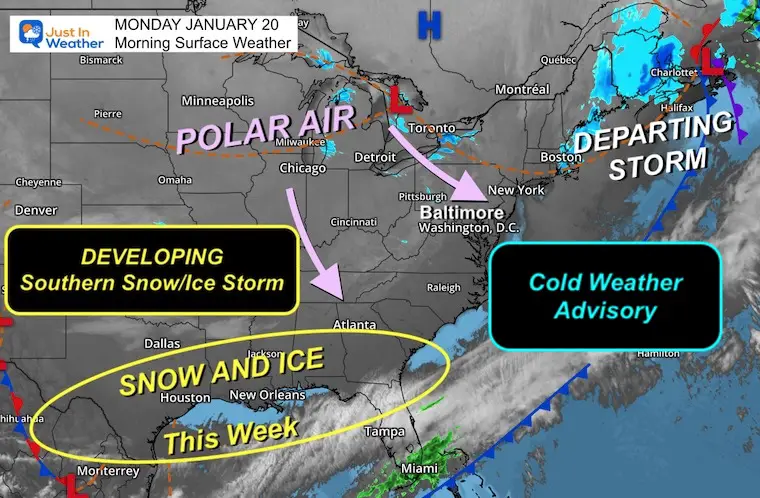According to the Argentine Congressional Budget Office (OPC), primary spending accumulated a contraction of 7.7% per year, discounting inflation, between January and November. With the sharp adjustment in spending that has been recorded since July, the accrued primary deficit reaches 2.4% of GDP, just below the target set, on a cash basis, in the agreement with the International Monetary Fund (IMF) for the entire year.
The difference between accrued expenses and those actually paid make it feasible to meet the fiscal objective. The Ministry of Economy will disseminate this Tuesday the official evolution of income and expenses. According to the OPC, in November the contraction in public spending that began in July continued, when the then Economy Minister, Silvina Batakis, “stepped on” the box.
His successor, Sergio Massa, readjusted budget items, advanced with the segmentation of tariffs and the removal of energy subsidies, and halted capital expenditures and transfers to provinces. For this reason, spending fell 18.8% year-on-year in five months and reversed the 12.5% expansion of the first semester. In November, real primary spending fell 27.7% against the same month in 2021.
In November, current spending (which is 16.9% of GDP) fell 5.5%, with real year-on-year falls in almost all Social Benefits (9.5% of GDP). Retirements and pensions fell 4.4% that month and family allowances, 14.7% discounting inflation.
Among the latter, those charged by registered workers fell 23.6%, while the AUH grew 0.5 percent. In the accumulated annual, retirement and pensions rose 1.2%, assignments to formal workers, 10.7% and AUH fell 11 percent. Personnel expenses increased 0.4% in November and grew 9% in the annual accumulated.
Economic subsidies fell 6.8% in the accumulated eleven months. Even so, they represent 2.3% of GDP. Transfers for energy fell 16.3% last month and were cut by 1.9% in the annual accumulated. In contrast, transportation subsidies fell 16.1% in November, but have expanded 12.8% so far this year.
An important part of the adjustment is concentrated in current transfers to the provinces, which represent 0.6% of GDP. They fell 42.8% in November and contracted 7.7% so far in 2022. Transfers to universities (another 0.6% of GDP) fell 15.2% in November, but expanded 0.7% year-to-date.
hartford car insurance shop car insurance best car insurance quotes best online car insurance get auto insurance quotes auto insurance quotes most affordable car insurance car insurance providers car insurance best deals best insurance quotes get car insurance online best comprehensive car insurance best cheap auto insurance auto policy switching car insurance car insurance quotes auto insurance best affordable car insurance online auto insurance quotes az auto insurance commercial auto insurance instant car insurance buy car insurance online best auto insurance companies best car insurance policy best auto insurance vehicle insurance quotes aaa insurance quote auto and home insurance quotes car insurance search best and cheapest car insurance best price car insurance best vehicle insurance aaa car insurance quote find cheap car insurance new car insurance quote auto insurance companies get car insurance quotes best cheap car insurance car insurance policy online new car insurance policy get car insurance car insurance company best cheap insurance car insurance online quote car insurance finder comprehensive insurance quote car insurance quotes near me get insurance









